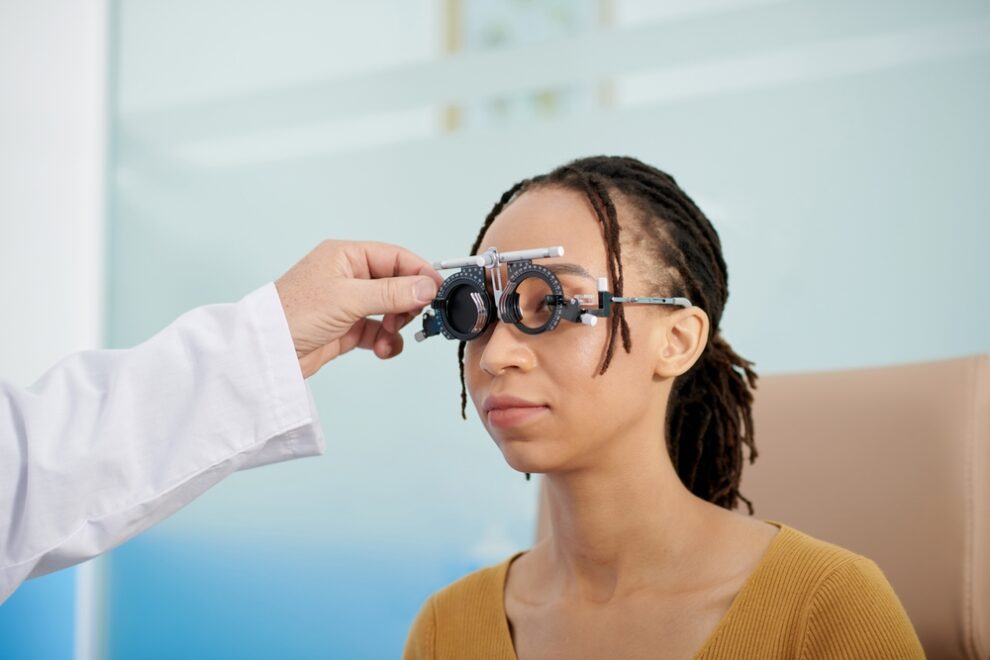Posted by: Dr. Ramsarat in Eye Health

Eye exams are essential for everyone regardless of age and other factors. Comprehensive eye exams ensure you enjoy good vision for life. The exams can detect eye health issues before they become serious. Eye health professionals recommend eye exams every one or two years depending on age, eye health, and risk factors.
Childhood Eye Exams
Eye exams must be a lifelong practice that begins in early childhood and continues throughout an individual’s life. Schedule the first exam before the child turns one. Children’s eyes continue to grow and change from birth to the teen years. Children get vision screenings at school, but these are not substitutes for comprehensive eye exams. They can indicate when the child needs an eye exam.
Comprehensive Eye Exams
You may not need frequent eye exams if you have good vision and healthy eyes. However, eye doctors recommend regular comprehensive exams throughout your adult years. The older you get, the more frequent the exams should be.
You require frequent eye exams if you have a family history of certain eye diseases or are considered high-risk. If you have an eye injury or pain, an infection, or sudden vision changes, you must visit an eye doctor immediately.
Complete Eye Exam At Age 40
The American Academy of Ophthalmologists (AAO) recommends that everyone gets a comprehensive eye exam at 40. At this age, vision changes and early signs of disease usually appear.
Detecting eye diseases early is vital for successful treatment. It can help protect your vision. Ideally, do not wait until you turn 40 before getting a comprehensive eye exam. If you have risk factors or an existing eye disease, schedule an eye exam as soon as possible.
Eye Exams For Seniors
If you are 65 years and above, schedule annual eye exams. The eye doctor will check for signs of eye conditions and diseases. You must watch out for cataracts, age-related macular degeneration, diabetic retinopathy, and glaucoma.
They can cause severe symptoms, including vision loss. Early detection helps in developing an effective treatment plan. Ensure you keep your eye doctor’s schedule for eye exams.
What To Expect During Eye Exams
Comprehensive eye exams usually take about one hour. They often involve an evaluation of the inner eye. The exam involves:
- Evaluating your medical history
- Checking your visual acuity
- Determining your prescription for corrective lenses
- Examining your pupils to check light response
- Testing eye movement to check alignment
- Eye pressure testing. Elevated intraocular eye pressure is a common sign of glaucoma.
- Checking peripheral vision
- Examining the front of the eye for corneal scratches, scars, or cataracts
- Dilated eye exam to examine the retina and optic nerve
The ophthalmologist may recommend others tests based on the exam results. Specialized imaging can detect problems inside or the back of the eye. They can help with early diagnosis of eye diseases. Eye exams vary with the individual’s age, eye health, and risk factors. Understanding your risk factors is crucial for ensuring you get an examination.
For more on eye exams, what to expect, and how often to get them, visit Dr. Veronica Ramsarat OD in New York, New York. Please call (833) 255-0096 to discuss questions with our team of experts or to schedule your eye exam today.